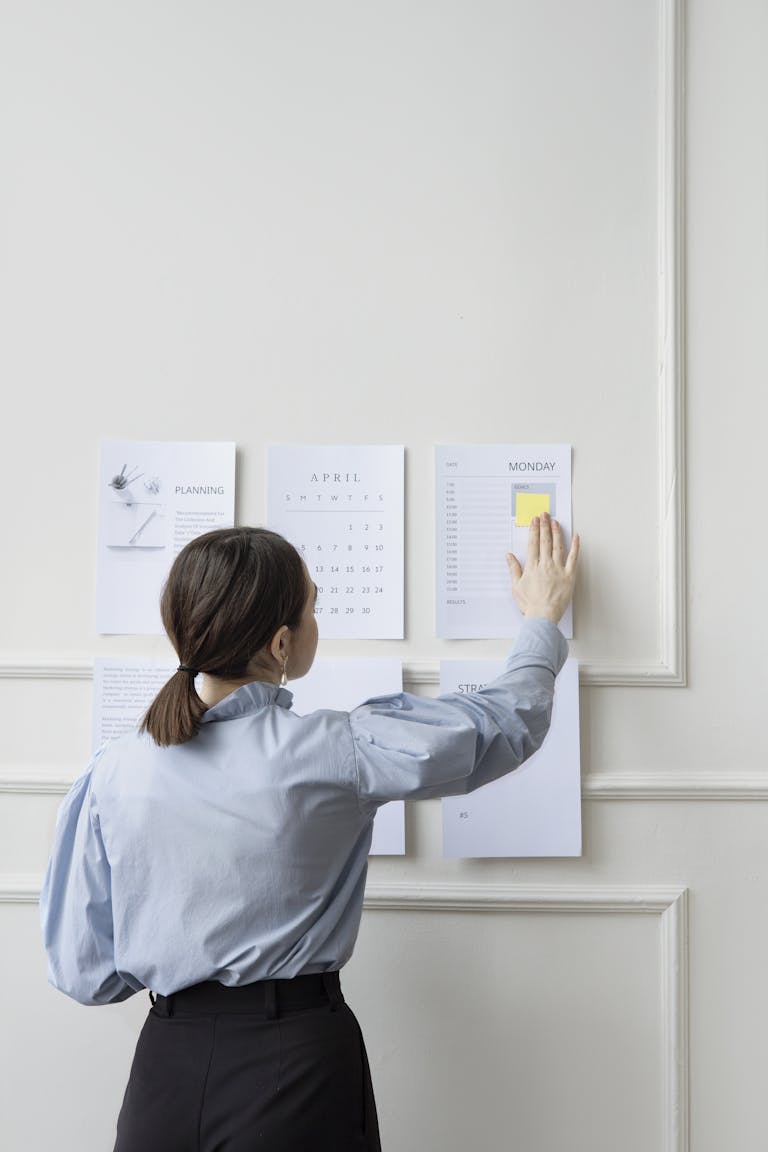Introduction
We live in a culture where everything is fast—fast food, fast internet, instant answers. But while speed has its perks, it has also made us increasingly impatient.
We expect results now. We tap our feet when videos buffer for two seconds. We give up when success takes too long.
But here’s the truth: Patience isn’t a weakness. It’s a superpower in today’s rushed world.

1. Why Patience Matters More Than Ever
Patience allows us to:
- Build stronger relationships
- Make better decisions under stress
- Stay committed to long-term goals
- Regulate our emotions in tough times
Without it, we fall prey to frustration, impulsiveness, and burnout.
2. The High Cost of Impatience
Impatience leads to:
- Poor financial decisions (e.g., impulsive spending)
- Frustrated relationships
- Abandoned projects and missed opportunities
- Increased anxiety and dissatisfaction
Modern life rewards speed, but it rarely rewards rushed thinking or action.
3. Daily Practices to Cultivate Patience
Practice 1: Breathe Before You React
- When you feel triggered or annoyed, pause and take 3 deep breaths.
- This rewires your brain to respond rather than react.
Practice 2: Do One Thing Slowly Each Day
- Eat without screens.
- Walk without rushing.
- Focus fully on a conversation.
Practice 3: Embrace Waiting
- Use waiting time to observe, reflect, or breathe.
- Turn red lights, queues, or buffering screens into moments of stillness.
Practice 4: Set Long-Term Goals and Celebrate Progress
- Track your patience over time.
- Notice when you delayed gratification or held your temper—it’s a win.
4. Mindset Shifts That Foster Patience
- Shift 1: Trade urgency for understanding. Ask, “What’s really going on here?”
- Shift 2: View delays as lessons, not obstacles.
- Shift 3: Value the process, not just the outcome. Growth happens in the waiting.
Patience isn’t about waiting longer—it’s about waiting better.
5. Teach Yourself Delayed Gratification
Train your mind like a muscle:
- Start small (e.g., wait 10 extra minutes before checking your phone).
- Delay indulgences occasionally, just to prove you can.
- Focus on the bigger picture—long-term happiness over short-term ease.
The more you practice, the more patience becomes your natural response.
Q1: Can patience really be learned?
Yes. Patience is a skill, not a trait. Through conscious effort and repetition, you can strengthen it like any other habit.
Q2: What if I’m naturally impulsive?
Start small. Use breathwork, mindfulness, and journaling to create space between feeling and action.
Q3: Does patience mean being passive?
Not at all. Patience is an active choice to stay centered and intentional even when things take time.
Q4: How can I practice patience with others?
Listen more than you speak. Don’t interrupt. Give people time to express themselves fully before reacting.
Today, resist one urge to rush. Whether it’s replying instantly, skipping a task, or expecting quick results—pause. Choose patience, and let your calm lead the way.

I’m EKBAL HOSSAIN MONDAL, the creator of SmartSolveTips.com — a blog dedicated to helping people improve productivity, avoid digital burnout, and live better online. With years of hands-on experience in self-development and digital wellness, I write practical tips and tools to help you stay focused and thrive in a fast-paced digital world.






